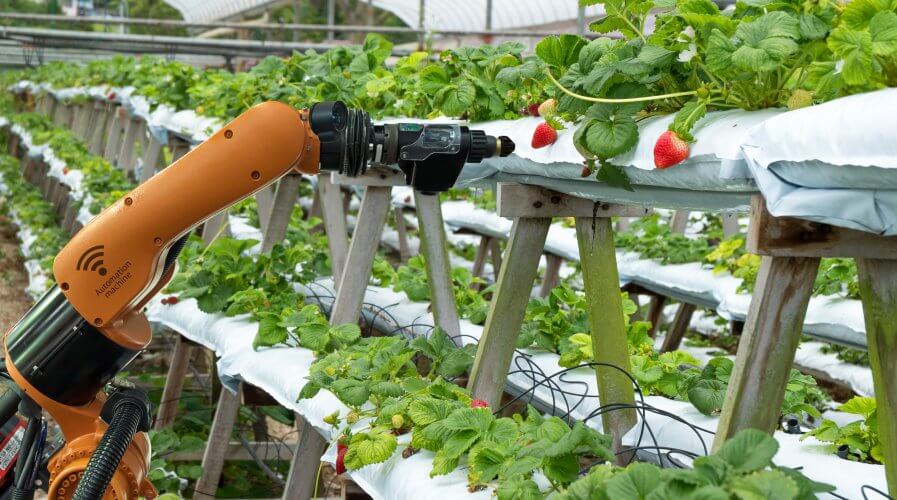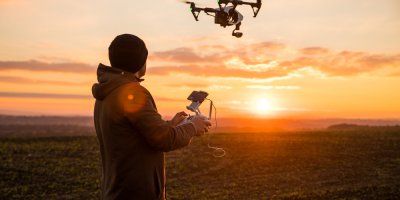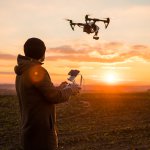
Zealand’s farmers can thrive on IoT. Source: Shutterstock
Can IoT help New Zealand maximize agricultural exports?
AGRICULTURE is the largest source of foreign income for New Zealand. It exports dairy, eggs, honey, meat, wood, fruits, and fish, among other agricultural produce, earning the country billions in revenues.
However, with advancements in technology, the country seems to be helping farmers learn how the internet of technology (IoT) can help them maximize output and incomes.
According to local media, New Zealand’s Ministry of Business, Innovation, and Employment (MBIE) is collaborating with the New Zealand IoT Alliance to deploy the world’s first IoT farming tech trial in the country.
“Worldwide, the adoption and implementation of precision agriculture has become possible because of the development of sophisticated sensors, robots and sensor networks combined with procedures to link mapped variables to appropriate farming management actions,” said NZ IoT Alliance Executive Director Kriv Naicker.
For now, the focus is on using wired and wireless sensors, integrated into an IoT system, to gather essential data needed for cost-effective and sustainable farm management.
According to Naicker, the IoT demonstration pilot is being undertaken on a site administered by the Foundation for Arable Research.
The pilot help farmers see IoT in a new light — as the technology for precision agriculture. It will also showcase the techniques to deploy and monitor data when IoT has been rolled out at the farm.
“The trial aims to get farmers to see the value in deploying technology which is rapidly evolving and we feel that 2019 could be the tipping the point for New Zealand and the farming export sector,” revealed Naicker.
Further, experts believe that the new technology can help farmers in New Zealand worried about the (negative) impact that their farm is having on the environment.
The installation of nitrate sensors in groundwater monitoring wells, for example, are a part of modern IoT offerings and can help monitor and measure any impact directly.
The MBIE is keen on seeing farmers collaborate to collectively collect data on nitrates and share them on the cloud to map out precautionary measures needed to protect the soil and the environment, and sees the next phase of the pilot moving to collect more data via a range of sensors.
“This will further add to the data we’re collecting on growing conditions. Overall, the pilot will provide valuable insight into the potential of these emerging technologies, which could help boost the productivity and sustainability of New Zealand farm management practices,” explained MBIE Digital Economy Policy Advisor Sandra Laws.
Overall, the pilot is great for farmers in the country but also aims to demonstrate that with the better use of digital technologies, primary sector businesses in New Zealand can be more productive and more competitive irrespective of their size or the sector they are operating in.
READ MORE
- Strategies for Democratizing GenAI
- The criticality of endpoint management in cybersecurity and operations
- Ethical AI: The renewed importance of safeguarding data and customer privacy in Generative AI applications
- How Japan balances AI-driven opportunities with cybersecurity needs
- Deploying SASE: Benchmarking your approach






